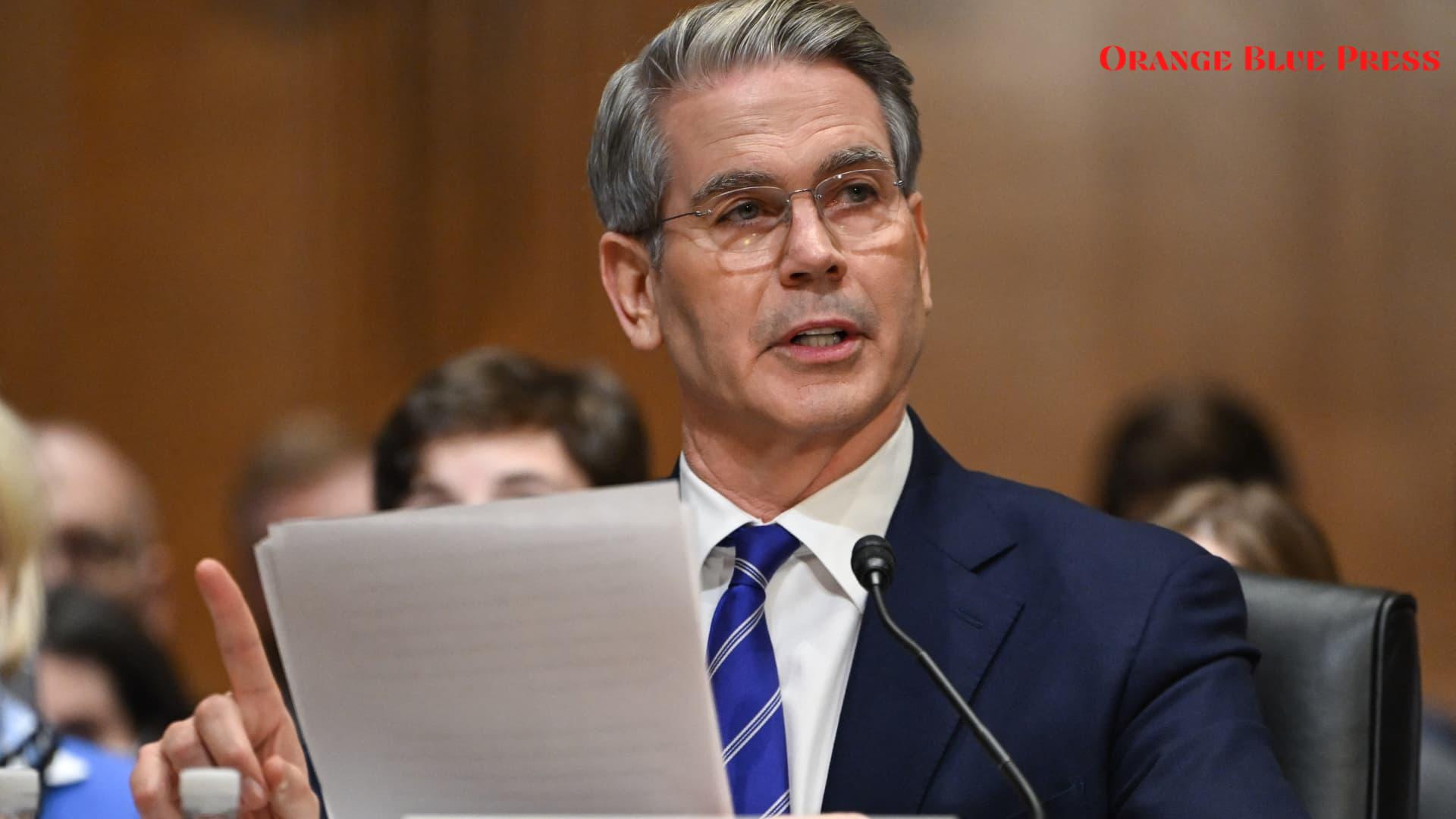In recent testimony before the Senate Banking Committee, Scott Bessent, President Trump’s nominee for Treasury Secretary, painted a challenging picture of the U.S. economy. He emphasized that the government is facing a significant spending problem, which could lead to serious economic consequences if not addressed soon. With rising deficits and the need for fiscal responsibility, Bessent’s words have sparked conversations about the country’s financial future.
Deficit Concerns
Bessent brought attention to alarming stats during his testimony, revealing that the U.S. fiscal year 2025 deficit soared to a staggering $710.9 billion within just three months. This figure is a shocking $200 billion higher than the same period last year. What makes this situation even more concerning is that such a significant deficit spike is occurring outside of any recession or war.
- Deficit up by 39.4% compared to last year.
- Government’s ability to borrow for future crises is at risk.
- Current spending habits might lead to long-term economic issues.
Bessent stressed that the U.S. should not only focus on raising taxes but rather reevaluate spending habits, arguing, “We have a spending problem, not a revenue problem.” This perspective is crucial because it suggests a need for careful consideration about where taxpayer money is going.
Sanctioning Russia
During his testimony, Bessent also didn’t shy away from discussing the ongoing tensions with Russia. He advocated for stricter sanctions on Russian oil companies, highlighting that now is not the time to ease up on financial penalties. Failing to increase sanctions, he warned, could lead to further economic instability not only in the U.S. but globally.
As Congress deliberates on these issues, understanding the importance of Bessent’s stance becomes vital. The nominee’s approach indicates a potential shift towards rigorous financial policies that could affect the future of U.S.-Russia relations and the global economy.
Tax Cuts and the Wealthy
In addition to discussing spending and sanctions, Bessent stressed the importance of extending the 2017 Tax Cuts and Jobs Act, which he believes is critical for stimulating economic growth. Critics, however, argue that these tax cuts disproportionately benefit the wealthy. The result would be an estimated cost of $4 trillion over the next decade, increasing the economic divide in the country.
- Bessent believes extensions could boost the economy.
- Opponents claim these benefits largely help the richest Americans.
- Concerns arise about mounting debt versus economic growth.
With voices from both the Democratic and Republican parties speaking out about his nomination, Bessent’s confirmation process could become a pivotal moment in U.S. economic policy discussions.
Looking Ahead
As this story unfolds, the conversation around managing the national deficit, implementing sanctions, and reforming tax cuts will only intensify. Bessent’s clear stance and well-articulated concerns may resonate with many in the Senate, but they will face scrutiny from those who fear that such policies might prioritize the wealthy, leaving common Americans to bear the burden of growing national debt.
As we await further developments, it’s important for citizens to stay informed about how these financial strategies might directly impact them. Bessent’s testimony is a critical reminder of the uncertainty in the economy, and the choices made in the coming months could shape the financial landscape for years to come.




















